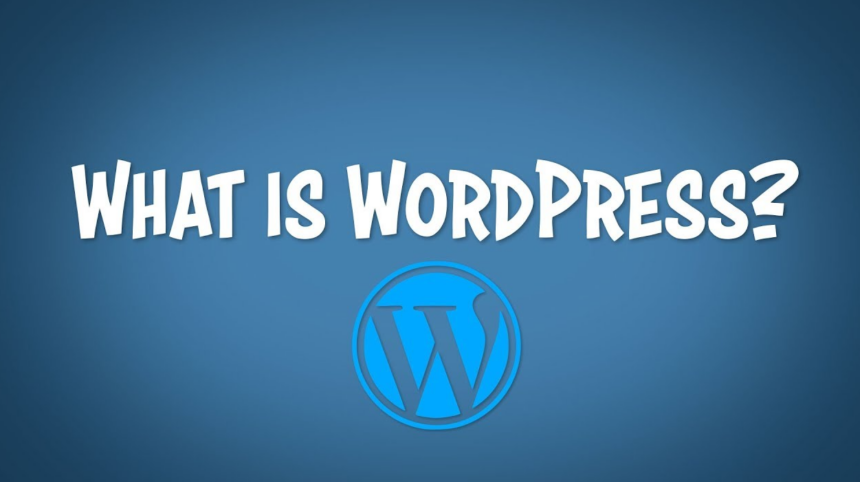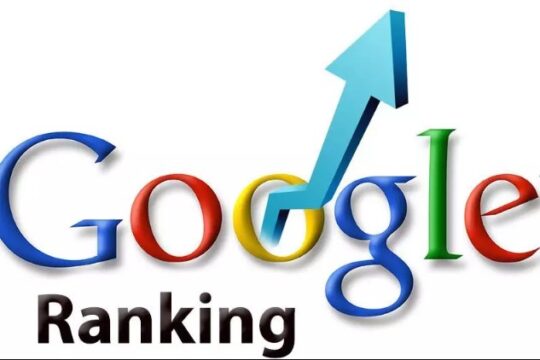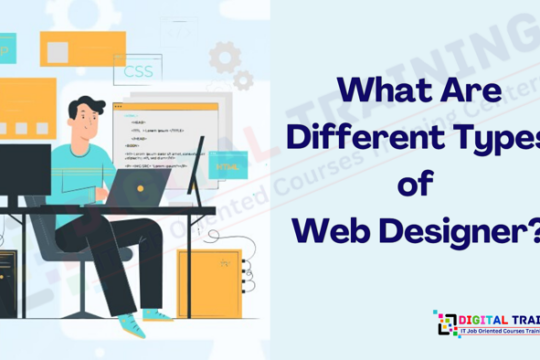what is WordPress?

WordPress is a popular and widely used content management system (CMS) that allows users to create and manage websites and blogs with ease. It is open-source software, meaning it is freely available for anyone to use, modify, and extend, and is supported by a global community of developers and users. WordPress is known for its user-friendliness, flexibility, and versatility, making it a top choice for individuals, businesses, bloggers, and web developers.
Key features and aspects of WordPress include:
- Website Creation: WordPress provides a platform for creating a wide range of websites, from simple blogs and personal sites to complex e-commerce stores, business websites, portfolios, and more.
- Themes: Users can choose from a vast selection of pre-designed themes (both free and premium) that determine the overall look and style of their websites. Customization options allow for further design flexibility.
- Plugins: Plugins are extensions that enhance the functionality of a WordPress website. Thousands of plugins are available for various purposes, including SEO, social media integration, e-commerce, security, and more.
- User-Friendly: The intuitive and user-friendly interface makes it easy for individuals without extensive technical skills to create, manage, and update their websites.
- Content Management: WordPress offers a powerful content management system with features for creating, editing, and organizing text, images, videos, and other media. Posts and pages can be scheduled for future publication.
- Blogging: While WordPress has evolved into a versatile website builder, it originated as a blogging platform. It still excels at managing and publishing blog content.
- Search Engine Optimization (SEO): WordPress provides tools and plugins to optimize websites for search engines, helping improve search rankings and visibility.
- Community and Support: A vast online community of users, developers, and designers provide support, tutorials, and resources to assist WordPress users.
- Open Source: Being open source means that WordPress is continuously improved and updated by a global community, resulting in regular software updates, security patches, and new features.
- Scalability: WordPress can be used for small personal blogs or large, high-traffic websites. It can scale to meet the needs of various projects.
- Multilingual Support: WordPress offers multilingual capabilities, enabling the creation of websites in multiple languages.
- E-commerce Integration: With plugins like WooCommerce, WordPress can be turned into a fully functional e-commerce platform for online stores.
- Mobile Responsiveness: Many WordPress themes are designed to be responsive, ensuring that websites are accessible and user-friendly on various devices and screen sizes.
WordPress is available in two main forms:
- WordPress.com: This is a hosted platform where you can create a website for free or choose from various paid plans with added features and customization options. It is managed and hosted by Automattic, the company behind WordPress.
- WordPress.org: This is the self-hosted version of WordPress. You download the software and install it on your web hosting server, giving you full control and flexibility over your website. You’ll need your own domain and hosting for this option.
WordPress’s versatility and user-friendly nature have contributed to its popularity, making it a go-to solution for creating and managing websites for a wide range of purposes.


